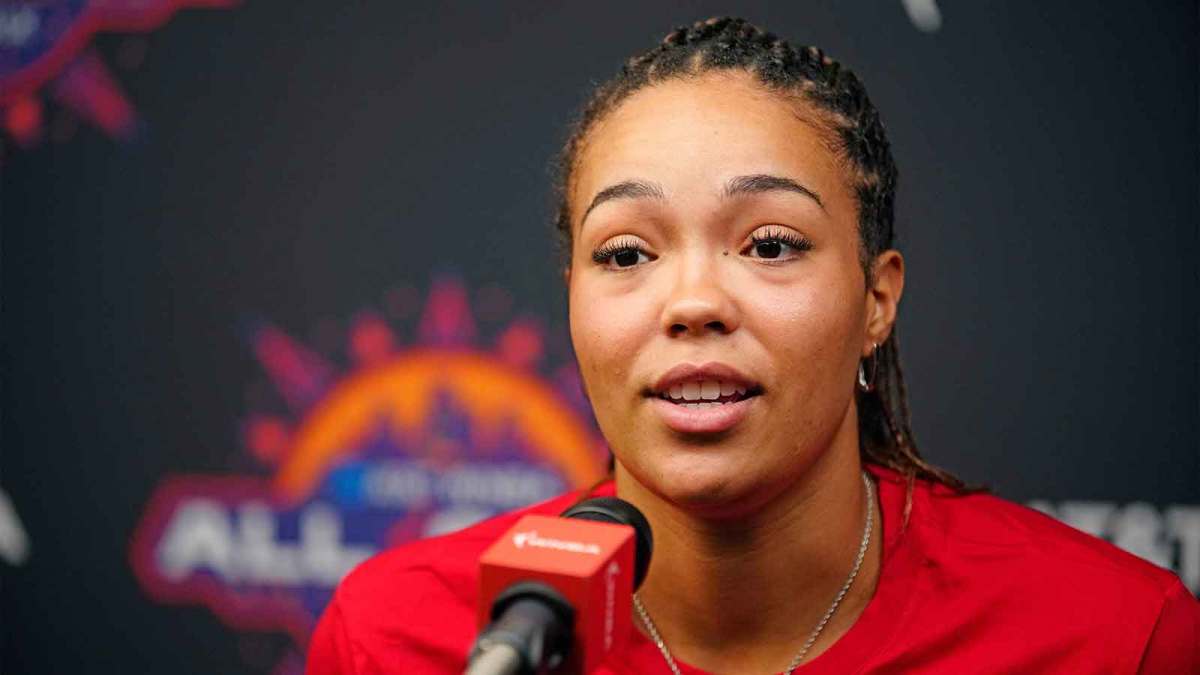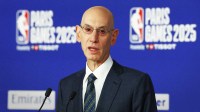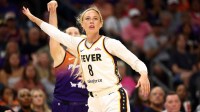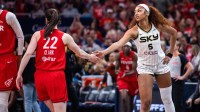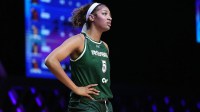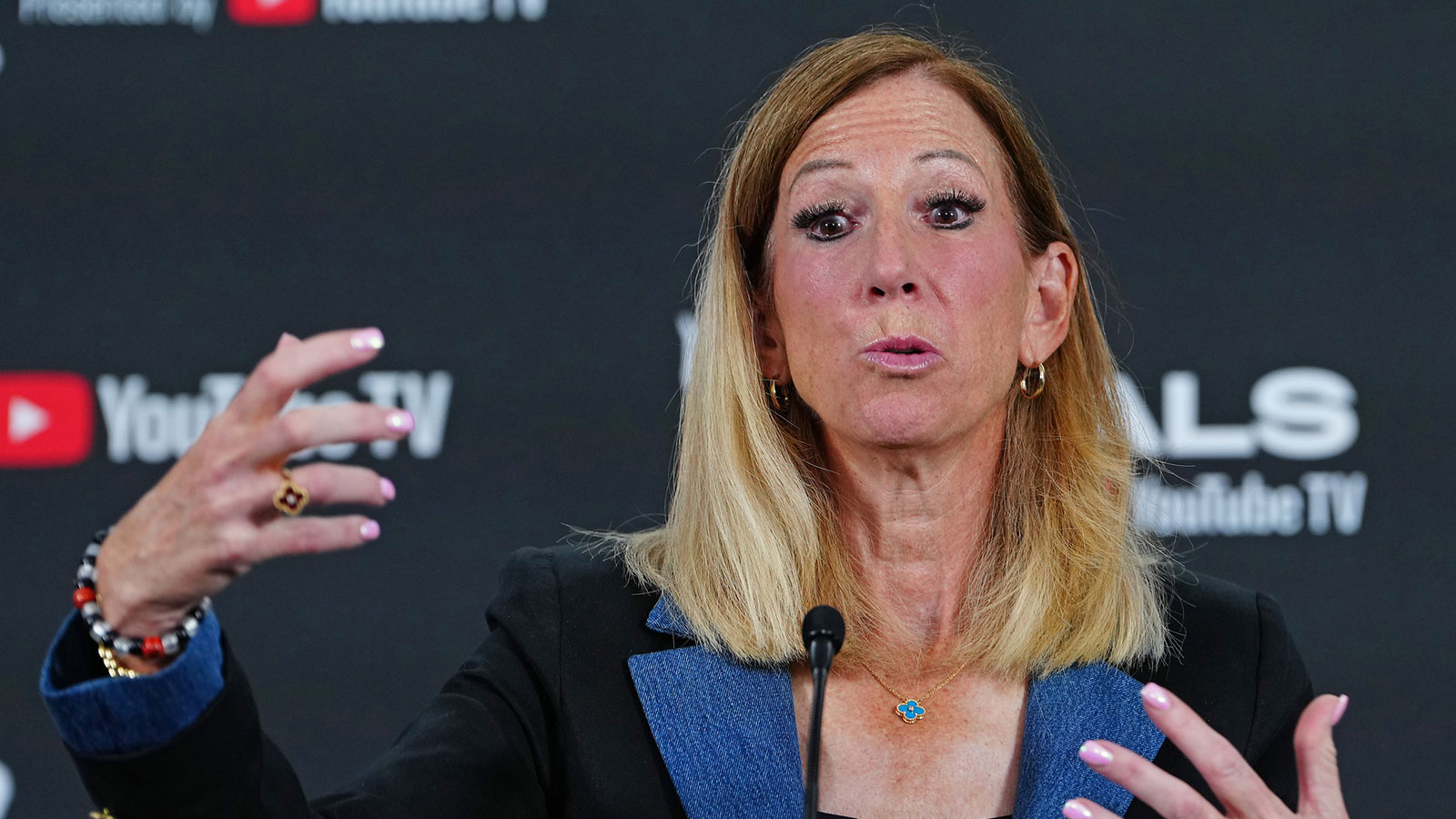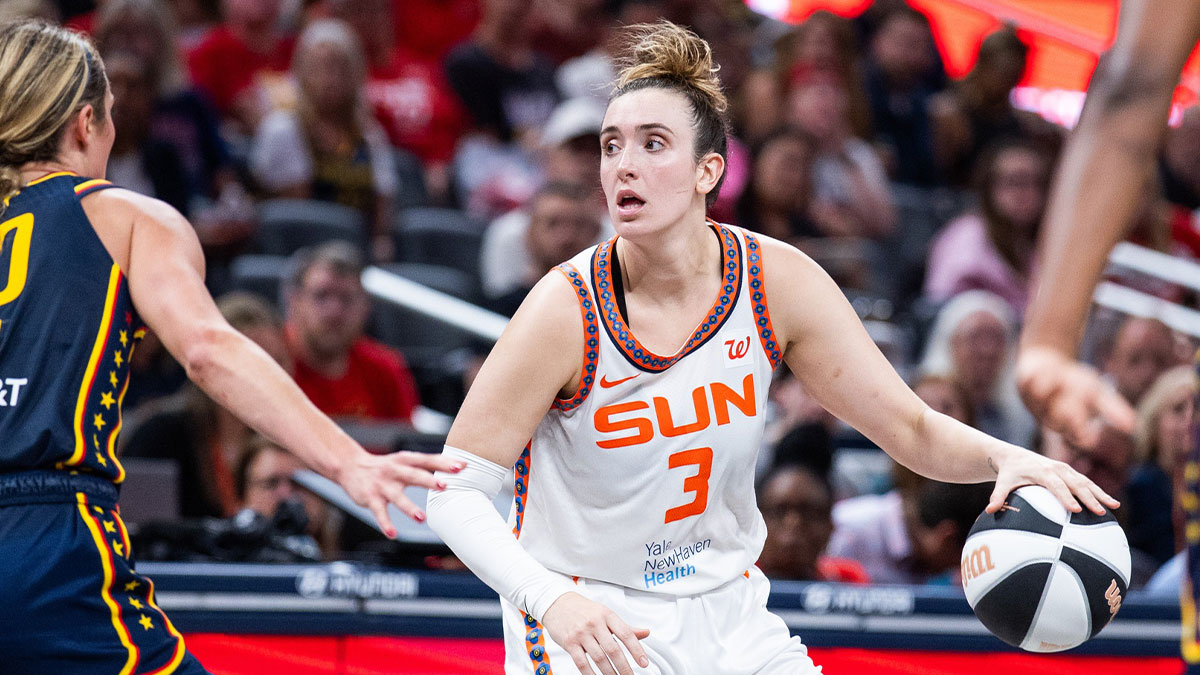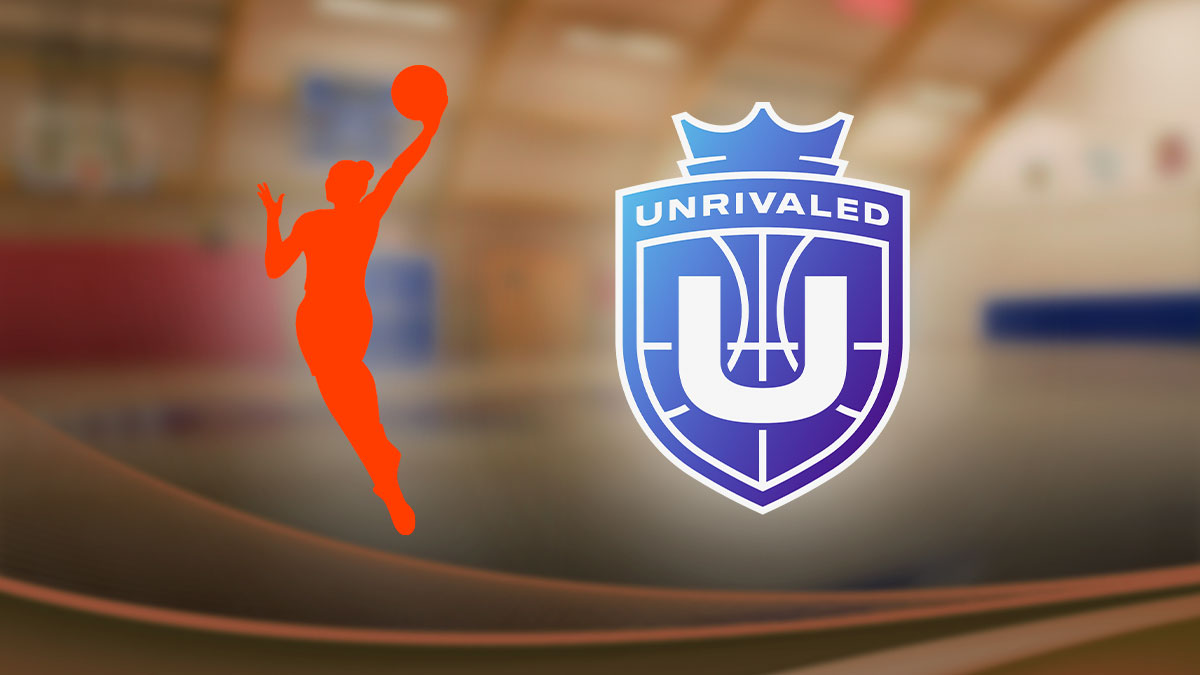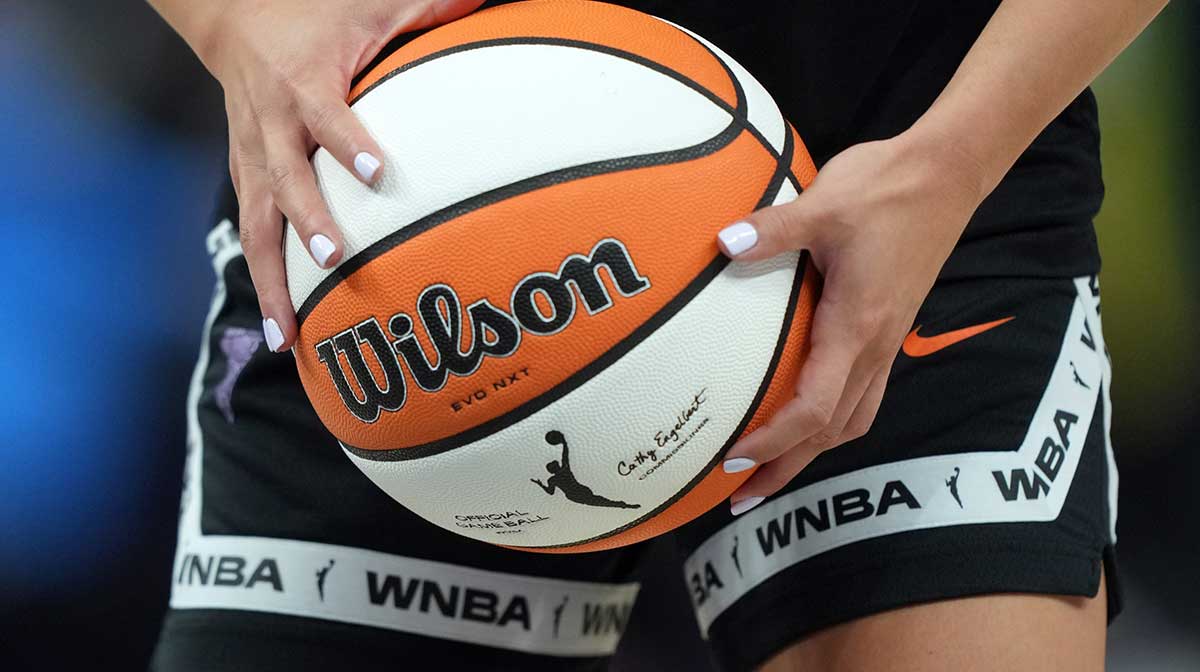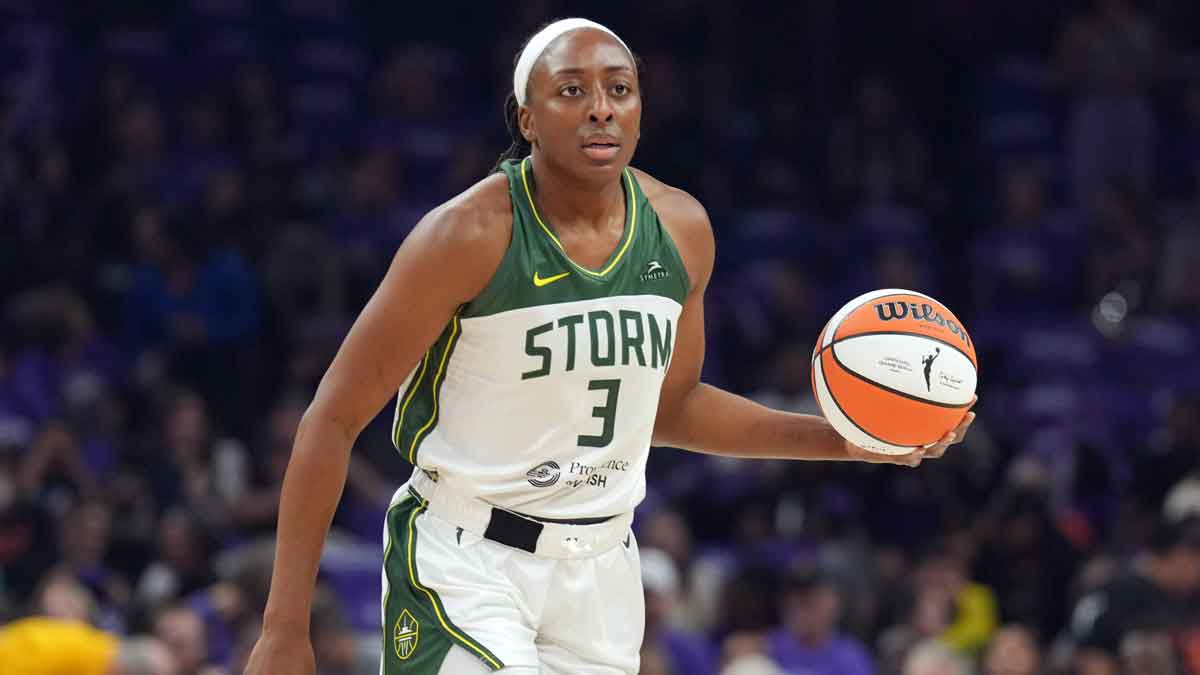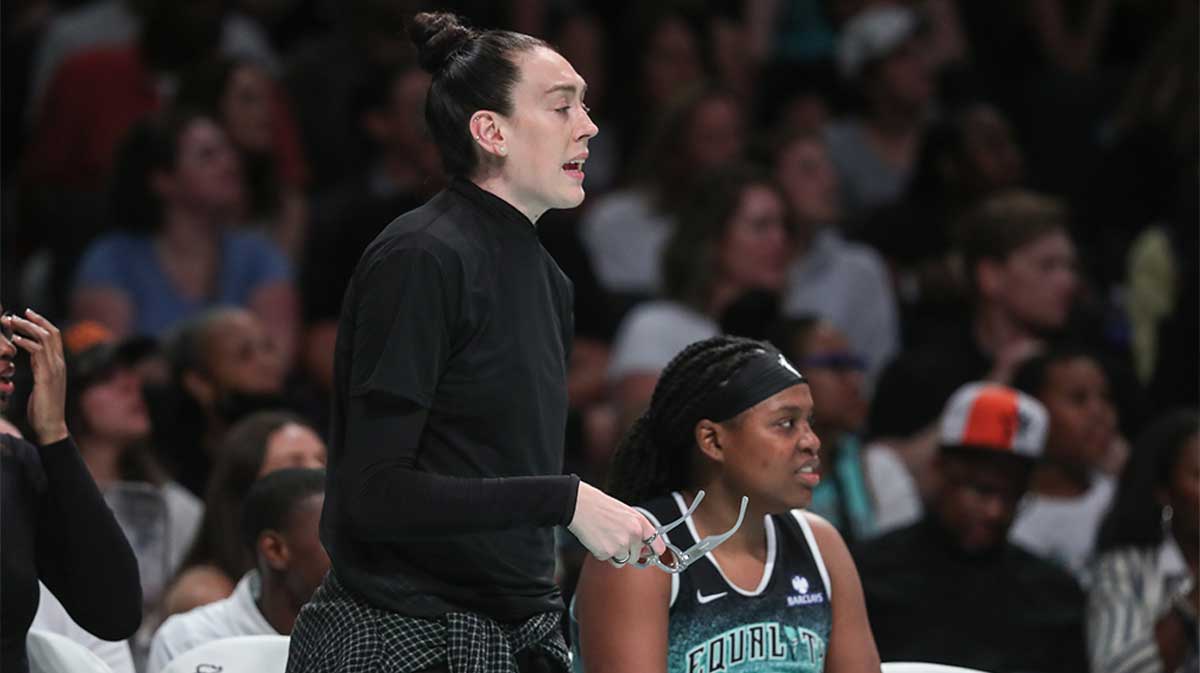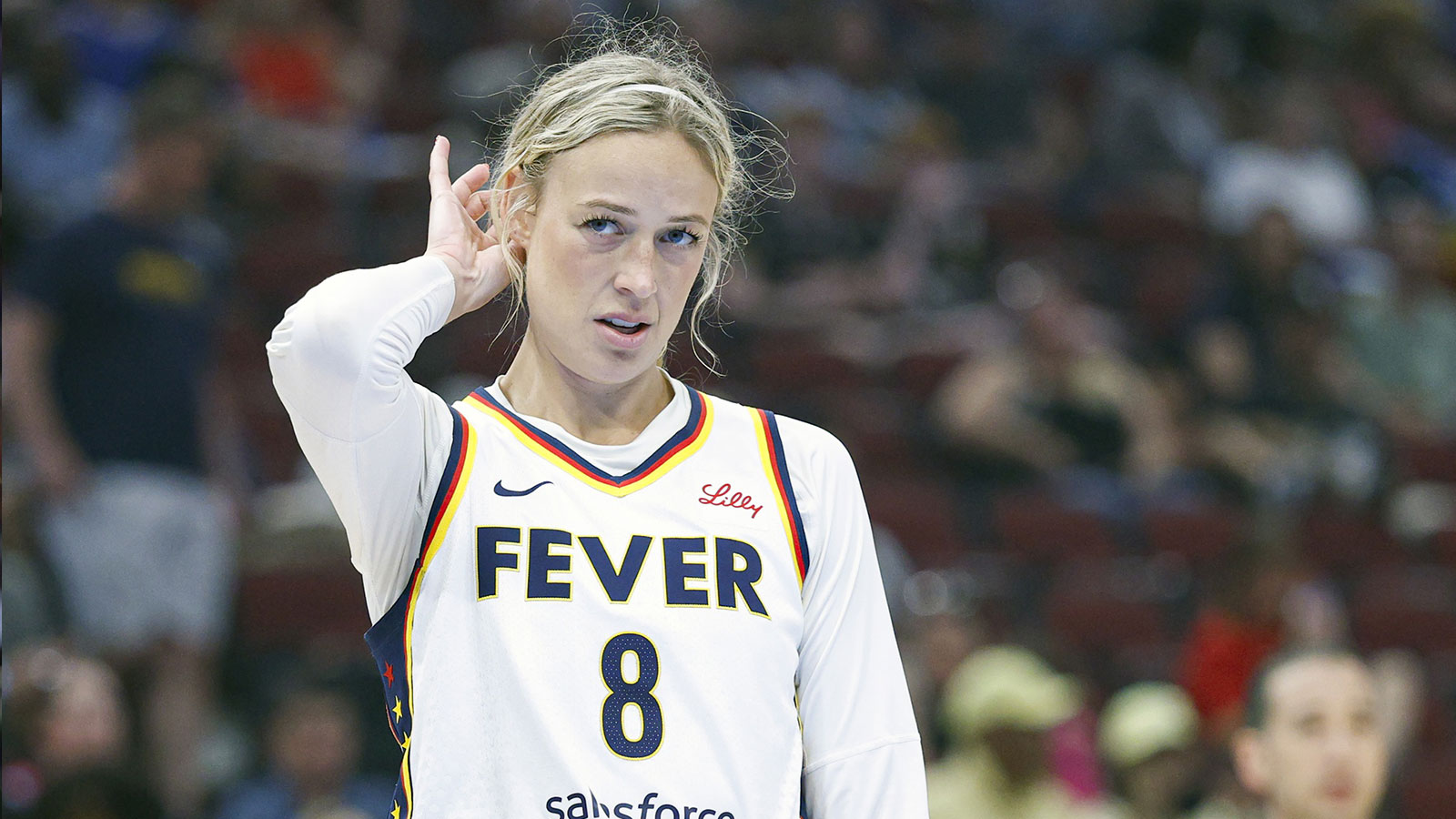As the WNBA Players Association pushes for what both sides have called a “transformational” new collective bargaining agreement, questions are emerging about how the rise of player-owned leagues could reshape the balance of power at the negotiating table.
Nearly half of the seven players on the WNBPA executive committee have stakes in other leagues. Napheesa Collier and Breanna Stewart, both vice presidents of the union, co-founded Unrivaled, a 3-on-3 league that debuted in 2025 and offers six-figure salaries to top WNBA talent. WNBPA president Nneka Ogwumike recently signed with Project B, a planned 5-on-5 touring league modeled after Formula 1 that is expected to launch next winter.
All three players have maintained that their ventures don’t conflict with their union responsibilities.
“All three players are adamant their respective leagues are not in competition with the WNBA,” reported Kendra Andrews of ESPN. “They say they need the WNBA to succeed just as much as everyone else.”
Still, their dual roles highlight a potential tension in women’s basketball as labor talks intensify. The union and the league recently agreed to extend the CBA deadline by 30 days to avoid a work stoppage, highlighting ongoing disputes over “compensation, revenue sharing, player benefits, and the long-term structure of the league’s economic model.”
It was warned that unless owners agree to fork over a significantly larger revenue share than the 9.3% they currently pay out, a lockout is inevitable. Those tensions could be magnified by players’ growing financial independence through ventures like Unrivaled and Project B, which give top athletes alternative income streams and leverage outside the WNBA.
The upcoming CBA is viewed as pivotal for the league’s future, with both sides facing a Nov. 30 deadline.

